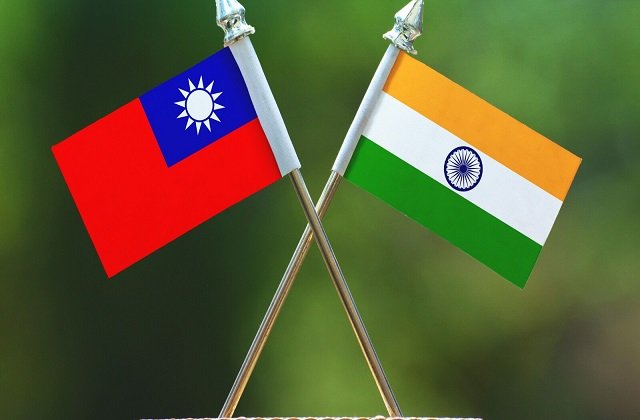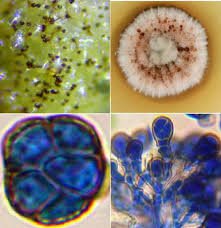India-Taiwan Mutual Recognition Agreement for Organic Products
India and Taiwan Sign Mutual Recognition Agreement for Organic Products
India and Taiwan have recently inked a Mutual Recognition Agreement (MRA) aimed at enhancing bilateral trade in organic products. This landmark agreement allows for the mutual recognition of organic certification systems between the two countries, paving the way for smoother trade relations in the organic sector.
Details of the Agreement
Under this agreement, both India and Taiwan will recognize each other’s organic product certification systems. This means that organic products certified in one country will be accepted as organic in the other, eliminating the need for additional certifications or inspections, thereby reducing trade barriers.
Benefits for India
For India, this agreement opens up new avenues for exporting organic products to Taiwan. It provides Indian organic farmers and producers with easier access to the Taiwanese market, known for its high demand for organic goods. This is expected to boost exports and promote sustainable agricultural practices in India.
Impact on Taiwan
Similarly, Taiwan stands to benefit from the agreement by gaining access to India’s diverse range of organic products. Taiwan imports a significant amount of organic produce, and the MRA will ensure a more streamlined process for Taiwanese consumers to access Indian organic goods, fostering consumer choice and promoting healthier lifestyles.
Future Prospects
Looking ahead, the MRA sets a precedent for future collaborations between India and Taiwan in the agricultural sector. It strengthens bilateral ties and lays the groundwork for potential expansions into other areas of mutual interest beyond organic products.

Why this News is Important
Enhancing Bilateral Trade Relations
The India-Taiwan Mutual Recognition Agreement for Organic Products marks a significant step towards enhancing bilateral trade relations between the two countries. By recognizing each other’s organic certification systems, both nations aim to boost trade in the organic sector, benefiting farmers, producers, and consumers alike.
Promoting Sustainable Agriculture
This agreement underscores a commitment to promoting sustainable agricultural practices. By facilitating easier access to international markets for organic products, India and Taiwan encourage the adoption of environmentally friendly farming methods and contribute to global efforts towards sustainability.
Historical Context
Background of India-Taiwan Relations
India and Taiwan have historically maintained unofficial economic and cultural ties, despite not having formal diplomatic relations. Over the years, both countries have explored avenues for cooperation in various sectors, including trade and technology.
5 Key Takeaways from the India-Taiwan Mutual Recognition Agreement for Organic Products
| Serial Number | Key Takeaway |
|---|---|
| 1. | Simplifies trade by recognizing each other’s organic certification systems. |
| 2. | Opens up new export opportunities for Indian organic farmers and producers. |
| 3. | Facilitates easier access for Taiwanese consumers to Indian organic products. |
| 4. | Strengthens bilateral ties between India and Taiwan in the agricultural sector. |
| 5. | Sets a precedent for future collaborations beyond organic products. |
Important FAQs for Students from this News
Q1. What is the India-Taiwan Mutual Recognition Agreement for Organic Products?
- A: It is an agreement between India and Taiwan to recognize each other’s organic certification systems, facilitating easier trade in organic products.
Q2. How does this agreement benefit India?
- A: It opens up new export opportunities for Indian organic farmers and reduces trade barriers with Taiwan.
Q3. Why is mutual recognition of organic certifications important?
- A: It eliminates the need for dual certifications and inspections, making trade more efficient and cost-effective.
Q4. What are the future prospects of this agreement?
- A: It sets a precedent for broader collaborations between India and Taiwan in agriculture and potentially other sectors.
Q5. How does this agreement contribute to sustainable agriculture?
- A: By promoting organic farming practices, it supports environmentally friendly agriculture and global sustainability goals.
Some Important Current Affairs Links


















